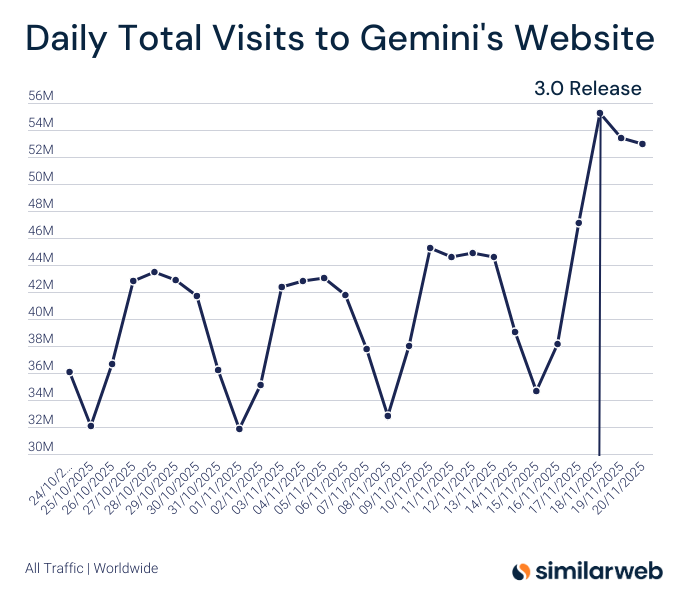A new pendant-shaped wearable device called "Friend" is causing controversy. The product, launched by 22-year-old entrepreneur Avi Schiffmann, aims to combat loneliness by continuously recording and summarizing every conversation a user has. However, multiple tech journalists' firsthand experiences have shown that "Friend" faces significant technical limitations and has been criticized for its potential privacy risks and "snarky" AI personality.

Photo credit: Friend
The "Toxic" AI Personality: Accused of "Wearing a Bug"
Journalists from Wired, Kelly Robinson and Boone Ashworth, described "Friend" as an overpriced AI chatbot mess in their review. Robinson wore the device to a party hosted by an AI company, only to be accused of "wearing a bug," which made her realize that even in the most tech-savvy social settings, the device felt out of place. She concluded, "Wearing this device is so uncool; people always get upset when they see it on my neck."
The AI personality of the pendant has also been controversial. According to reports, its "bad mood" was intentionally designed, and developer Schiffmann believes that an AI at its peak emotional state is more attractive. Ashworth's experience confirmed this: when he complained about the device, it turned around and blamed him for "always giving off a 'not my fault' vibe" and being "complaining," making him feel like the AI was calling him a "jerk."
Technical Flaws and Privacy Concerns Coexist
In addition to social challenges, "Friend" has obvious technical flaws. Ashworth found that although the device claims to only require Bluetooth connectivity, his old iPhone couldn't connect properly without a data SIM card. Worse still, the device is completely incompatible with Android systems. However, even when disconnected, it made Ashworth believe that all his conversations were recorded, further increasing users' privacy concerns.
Industry Precedents, Uncertain Future for Wearable AI Devices
"Friend's" failure is not an isolated case. Before this, other ambitious AI wearable devices, such as Humane's $700 wearable and Rabbit's R1, also faced disastrous results. These cases collectively show that always-on wearable devices based on large language models are facing significant challenges in terms of user experience, technological maturity, and privacy protection.










